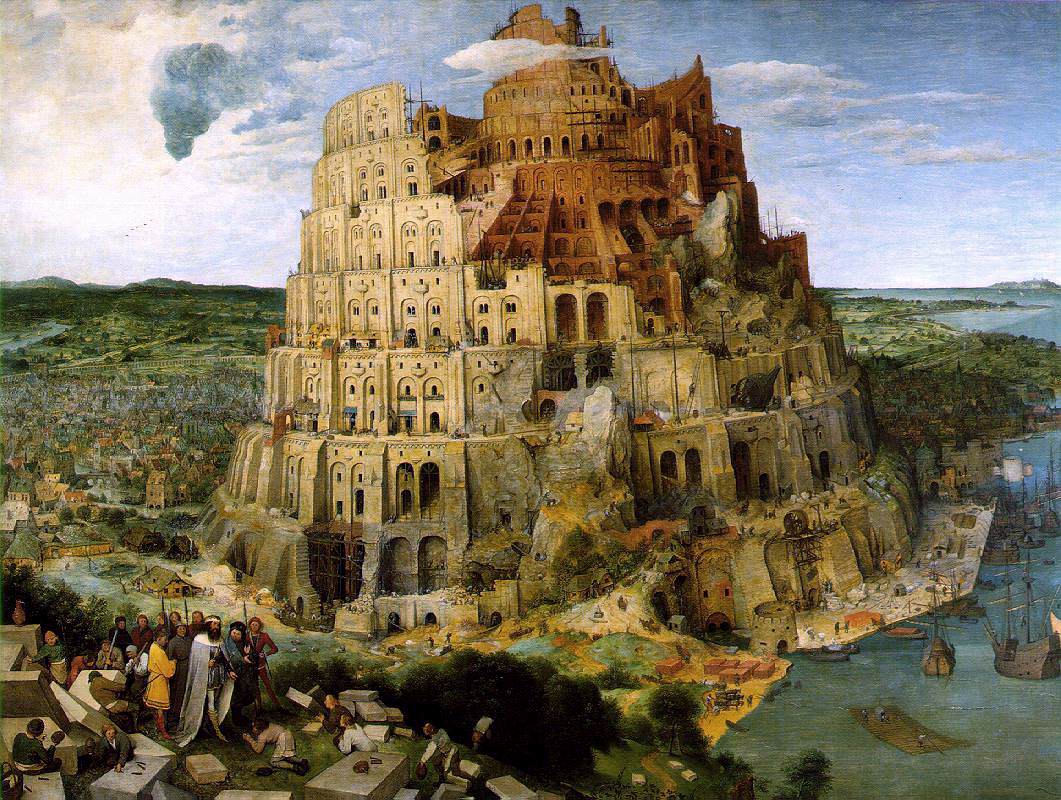Spellcasters
A
storyteller is the most ancient kind of spellcaster, insidious and omnipotent,
you hear his words and they stick on the inside of your brain, and something of
himself is planted there forever, not quite the speaker himself (never fully)
but one of his creations, invisible and yet springing to life on the stage of inner image,
emotion, and sound.
Once the
spell of his words has entered your mind it can never be undone – or unheard –
or unlived.
You can
but hope his words are those of a soothsayer, and not those of a sorcerer.
For with
tongue and throat and mind he wields the imagined power of words: the power to
soothe, to please – or enrage. And the means too by which we occult and
enthrall and enslave.
It's
impossible not to think the thoughts they command, these symbols, and once we
have thought a thought we've in some very real sense also lived it
– the actuality of the experience is utterly irrelevant, for it has happened.
Stuck now
in our heads, planted there forevermore, and so words becomes a part of our
life story just like any other mode of experience.
And this
we cannot escape.
Here's an
experiment. Pick a sentence. Any one will do. Now try staring at it, try
seeing it for what it actually, objectively, is: a series of
markings, black on white, devoid of any meta-meaning.
I ask you
now: which is more true, more real?
The mere
markings?
Or the
symbols spelling meaning?
Why is
the response to their stimulus automatic?
But we are storytellers all.
We just
never think of ourselves that way. Well now, do – think about it:
Your life
story.
How often
do you tell it? Or retell it? Have you ever altered it?
Every
single time we encounter speech (or text, or diagram) we are blasted by the
symbolic sorcery of metaphor, we are ensorcelled by the power of our lingua
franca.
Language
is, after all, a tricky thing.
All those
tongues we do not understand, their words to us are mere
sound, the unintelligible noises of some barbaric babbling.
Such
spells hold no sway over us.
And
yet our words remain the magic of an everyday telepathy. So intrinsic we seldom
stop to question it. But the magic is ubiquitous.
I still marvel
at how every time we open our mouths a spell pours out, every time we put ink
to paper we’re enchanting one of our own creations there, conjuring it into
existence by the life of thought.
At school
we were taught to spell words, but seldom how or why we do.
And so our tongues are divorced from the origins of their exercise. The nature
and the character (and thus the effect) of all this spelling remains occult.
Except
to the nerds who bother to read the dictionary.
Don’t these two denotations strike you as deeply contradictory? And why at school do we only ever use entry number two (unaware of entry number one)? The first entry could be uttered as a compliment, not a curse.
Nerd – noun
- An intelligent but single-minded expert in a particular technical field or position.
- An insignificant student who is ridiculed as being affected or boringly studious.
Don’t these two denotations strike you as deeply contradictory? And why at school do we only ever use entry number two (unaware of entry number one)? The first entry could be uttered as a compliment, not a curse.
It seems
to me the second entry was added recently, was for a long time just a connotation, then
slang, and only much later incorporated into the canon...
Well, I
invite you to be a nerd for a minute or two. Look up the word ‘word.’ Bet
you've never done that, eh?
Go on,
give it a go. I’ll wait right here while you do.
Have you ever looked into Logos? No? Oh, they didn't teach you
that at school either? How intriguing...
Let me
leave you with this, then, the very word of God – perhaps it will
ring a bell:
In the
beginning was the Word, and the Word was with God, and the Word was God. And
God said, “Let there be light,” and there was light.
But God also said this (which makes me question his motives), quoted from Genesis 11: 5-9 (NIV).
5 But the Lord came down to see the city and the tower the people were building. 6 The Lord said, “If as one people speaking the same language they have begun to do this, then nothing they plan to do will be impossible for them. 7 Come, let us go down and confuse their language so they will not understand each other.” 8 So the Lord scattered them from there over all the earth, and they stopped building the city. 9 That is why it was called Babel—because there the Lord confused the language of the whole world. From there the Lord scattered them over the face of the whole earth.
But God also said this (which makes me question his motives), quoted from Genesis 11: 5-9 (NIV).
5 But the Lord came down to see the city and the tower the people were building. 6 The Lord said, “If as one people speaking the same language they have begun to do this, then nothing they plan to do will be impossible for them. 7 Come, let us go down and confuse their language so they will not understand each other.” 8 So the Lord scattered them from there over all the earth, and they stopped building the city. 9 That is why it was called Babel—because there the Lord confused the language of the whole world. From there the Lord scattered them over the face of the whole earth.
.:.
 |
| Bruegel, Tower of Babel, 1563 |



Comments
Post a Comment